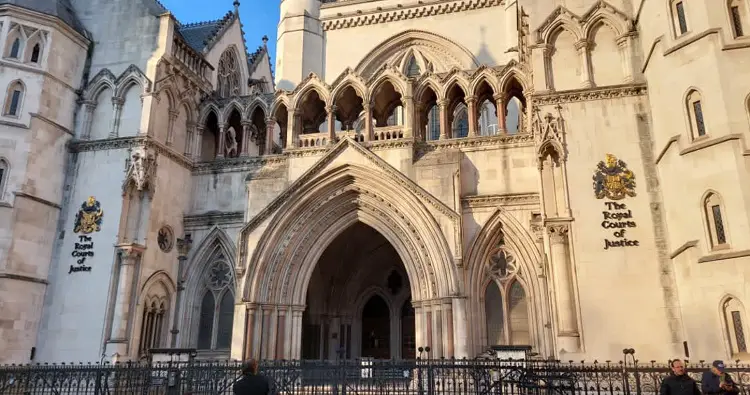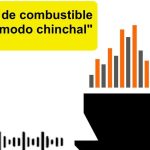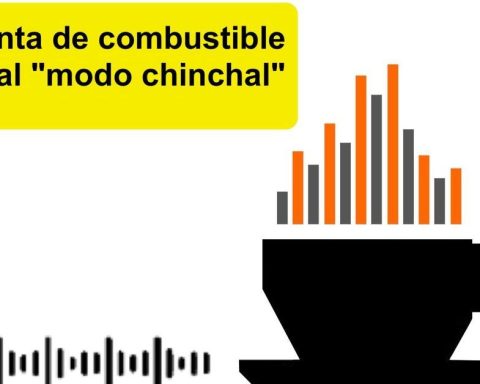MADRID, Spain.- This Thursday the trial against the island’s regime held in London over the last two weeks for the defaults of a debt of 72 million euros originated in the 1980s and contracted with the investment fund CRF.
The British judge Sara Cockerill, who will preside over the trial in the High Court of Justice of England and Wales, will have to decide if CRF is a legitimate creditor of Cuba and has the right to claim payment of the debt; as well as whether this court has jurisdiction over this matter.
As reported AFP, it could take weeks or months for the court to render a judgment. In addition, the ruling will not be final, which could be appealed, which would extend the process.
“You shouldn’t expect to hear from me very soon,” Cockerill said, due to the complexity of the case.
The debt whose payment is required from the Cuban Government and the Banco Nacional de Cuba (BNC), arose as a result of two credits contracted by Havana in 1984 with the French bank Crédit Lyonnais and the Italian L’Istituto Bancario Italiano, with the BNC as guarantor. In 1987 Fidel Castro declared the debt “unpayable” and stopped complying with his creditors.
During the days From the trial, the Cuban authorities have declared that CFR I is not a legitimate creditor, since it was obtained with this debt by bribing a BNC employee; just as he has argued that the group is a vulture fund.
These arguments are denied by CFR I, which maintains that the group “is too small” to be considered “a vulture fund.” Just as he assures that he did not bribe any employee and has accused the Cuban regime of “fabricating pretexts.”
As explained to EFE the Cuban-American lawyer Luis Carlos Battista, “if the court decides that there is jurisdiction, because new lawsuits could come from different creditors. There are billions of dollars at stake.
They would claim the debt from Havana and even try to pay it off with state assets abroad, where Cuba has a network of companies, including banks. Many of them belong to GAESA, the business conglomerate of the Ministry of Defense, which controls telecommunications, remittances, imports and tourism on the island, among other sectors.
According to the Cuban economist Elijah Lovethe background of the trial in London is the same that has led the regime to antagonize the creditors of its extensive debt: not to pay.
“The Cuban communists still do not understand that a debt is a debt, and that it has to be paid. There is no possible escape. In Cuba, they nationalized practically all the assets of the private sector without compensation, without compensating anyone, and the operation, at least for the moment, went as they wanted,” said the specialist.
The trial sessions were accompanied by Cuban émigrés who they manifested outside the Court of Justice, denouncing and demanding payment of the debt from the regime.















